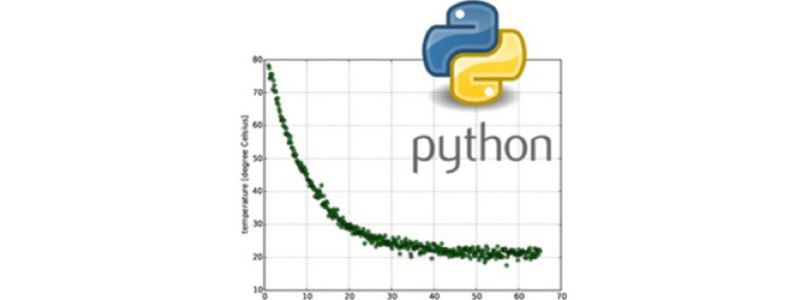computational science and engineering
Events

IMPRS UFAST Focus Course. Introduction to Programming with Python for Computational Science
Lecturer: Hans Fangohr
Hands-On exercises: Hans Fangohr, Henning Glawe and Heiko Appel
The course has been designed for scientists and engineers to teach the practical programming skills that are relevant for modern computational science. The module does not assume prior programming knowledge of participants. The module uses hands-on activities for all participants to exercise and experiment with the taught material. The material covers a wide spectrum of skills that are advantageous for scientists who need to handle data - be it from experiment or simulation – and provides a basis for self learning or directed learning of more specialized topics at a later stage.
Topics include:
- Introduction to data types in Python
- Control flow
- Name spaces
- Input/Output
- Higher order functions
- Main programming paradigms
- Important Python modules for computational science (numpy, scipy, pandas, sympy)
- Data visualization with matplotlib

Python for Computational Science part 1
Lecturer: Hans Fangohr
Python for Computational Science Part 1
The course has been designed for researchers to learn practical programming skills that are relevant for use of data processing, data science and computation in domain specific contexts. The module does not assume prior programming knowledge of participants. The module uses hands-on activities for all participants to exercise and experiment with the taught material. The course introduces skills that are advantageous for data handling - be it from experiment or simulation – and provides a basis for self learning or directed learning of more specialised topics at a later stage.
Part 2 of the course provides a deeper look into Python and introduces a wider range of libraries.
Anticipated topics:
- Introduction to Python
- Data types & structures
- Control flow
- Functions
- PEP8
- Name spaces
- File Input/Output
- Numpy
- matplotlib
- Spyder
- IPython
- Jupyter
Details here
Register here for part 1 (deadline is Sunday 26 January 2025)

Python for Computational Science part 2
Lecturer: Hans Fangohr
Building on Part 1, this course covers additional aspects:
- advanced Python (including list comprehension, names and side effects, functional programming, object orientation, performance)
- additional libraries such as scipy, pandas, and sympy
- research software engineering and testing, and
- selected numerical methods and application examples with focus on natural science and engineering problems.
Aspects (1) to (3) are covered in the beginning of the course. Part (4) is delivered at the end of the week, and can be omitted if not relevant to the participant.
Anticipated topics:
- Higher order functions
- programming paradigms
- scipy, pandas, sympy
- Research software engineering practices, in particular testing
- Python package installation
- interpolation, root finding, curve fitting
- Optimisation, computing derivatives
- Integration of ordinary differential equations
Details here
Register here for part 1 (deadline is Sunday 26 January 2025)

Universität Hamburg
Adeline Scharfenberg

Universität Hamburg
Adeline Scharfenberg

Universität Hamburg
Adeline Scharfenberg